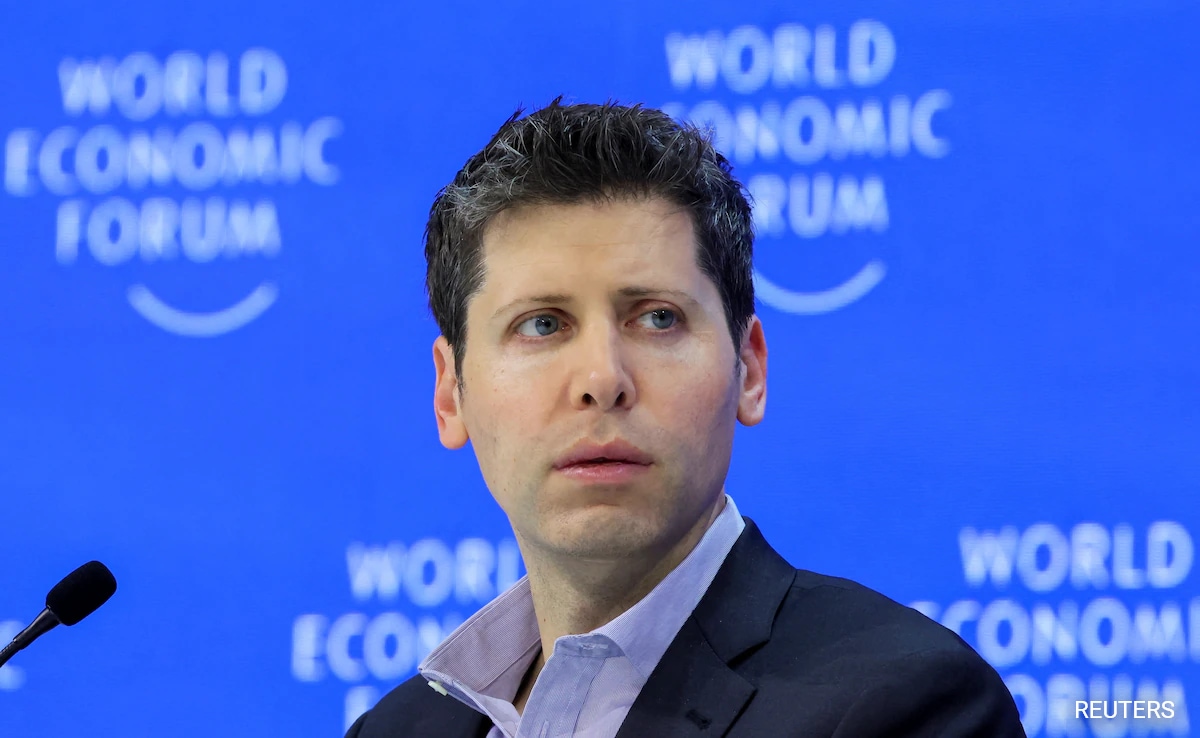Indian Institute of Science, Bengaluru
| Photo Credit: file photo
Researchers at the Department of Inorganic and Physical Chemistry (IPC), Indian Institute of Science (IISc), have developed an enzymatic platform that can efficiently transform naturally abundant and inexpensive fatty acids to valuable hydrocarbons called 1-alkenes, which are promising biofuels.
According to IISc, given the finite availability and polluting nature of fossil fuels, scientists are increasingly exploring sustainable fuel pathways that involve compounds called hydrocarbons.
Potential for drop-in biofuel
“They show great potential as drop-in biofuels, which can be blended and used with existing fuels and infrastructure. These hydrocarbons can potentially be synthesised on a large scale using microorganism factories. Enzymes that help mass-produce these hydrocarbons are, therefore, highly sought after. Hydrocarbons are also widely used in polymer, detergent and lubricant industries,” IISc said
In a previous study, the IISc team purified and characterised an enzyme called UndB, bound to the membranes of living cells, especially certain bacteria. It can convert fatty acids to 1-alkenes at the fastest rate currently possible. However, the team found that the process was not very efficient – the enzyme would become inactivated after just a few cycles. When they investigated further, they realised that H2O2 – a byproduct of the reaction process – was inhibiting UndB.
In the current study published in Science Advances, the team circumvented this challenge by adding another enzyme called catalase to the reaction mix. “The catalase degrades the H2O2 that is produced. Adding catalase enhanced the activity of the enzyme 19-fold, from 14 to 265 turnovers (turnover indicates the number of active cycles an enzyme completes before getting inactivated),” Tabish Iqbal, first author of the study and PhD student at IPC.
Artificial fusion protein
The team decided to create an artificial fusion protein combining UndB with catalase by introducing a fused genetic code via carriers called plasmids into E. coli bacteria. Given the right conditions, these E. coli would then act as a whole-cell biocatalyst, converting fatty acids and churning out alkenes.
The team found that their biocatalyst could convert a wide range of fatty acids containing different types of carbon chains to 1-alkene. They also showed that the biocatalyst can produce styrene, an essential commodity in chemical and polymer industries.
The team has applied for a patent for its engineered protein and whole-cell biocatalyst. It is also looking for industry collaborators to scale up the platform for mass production.












